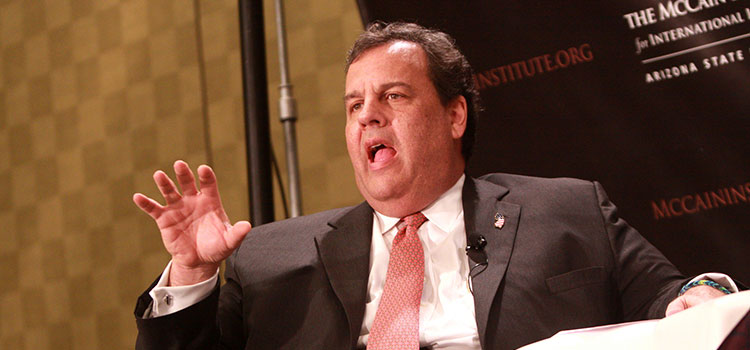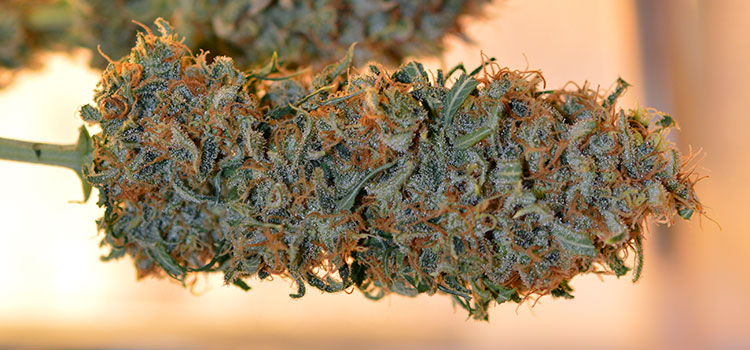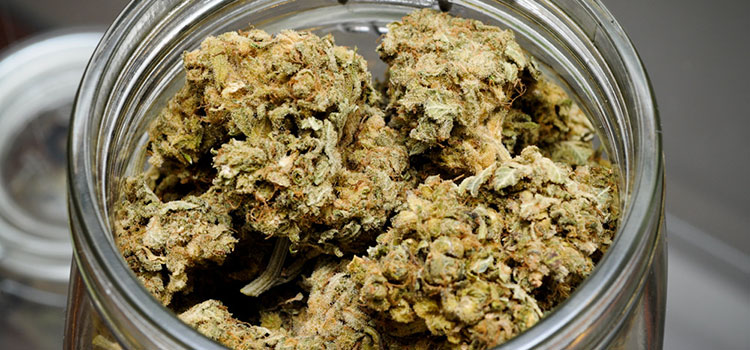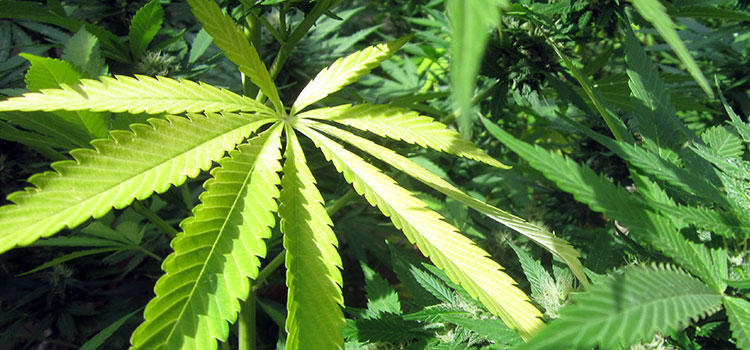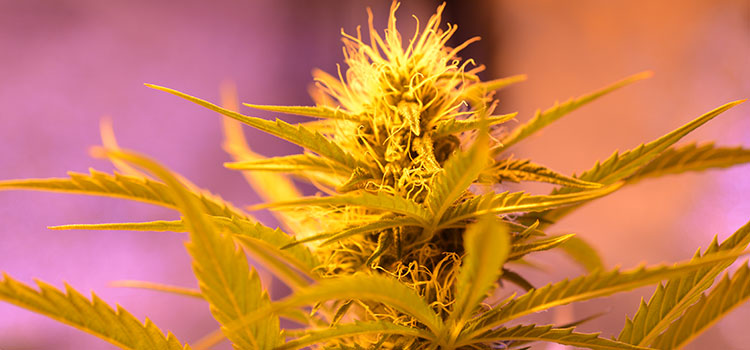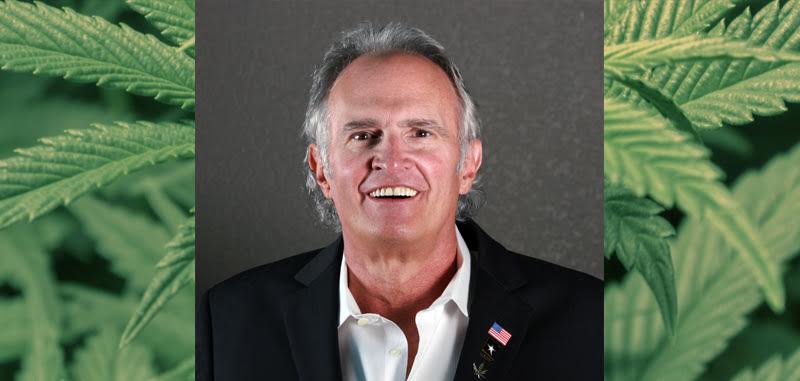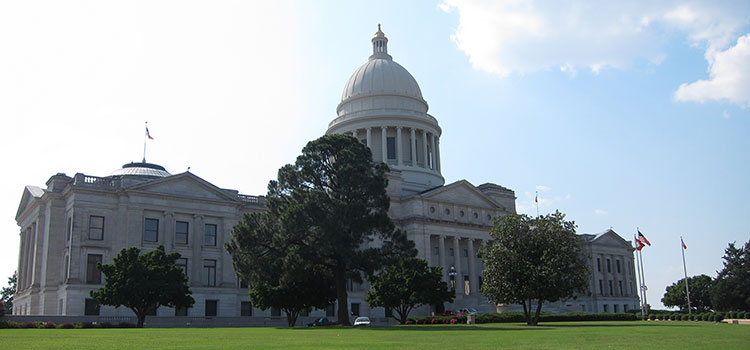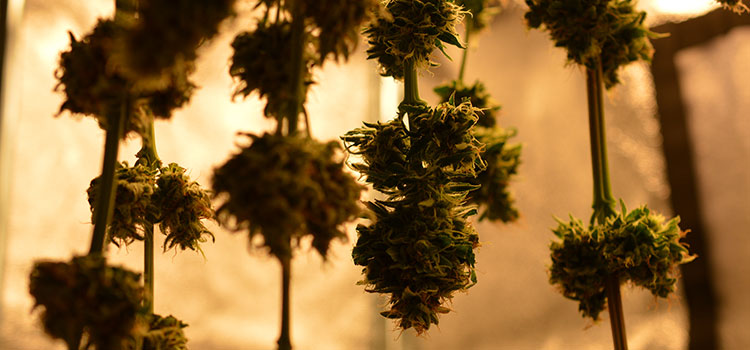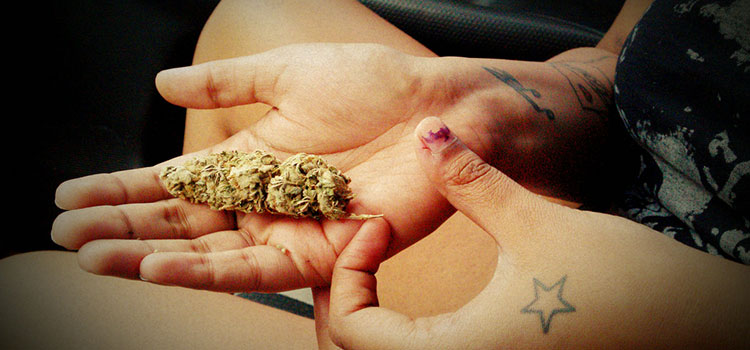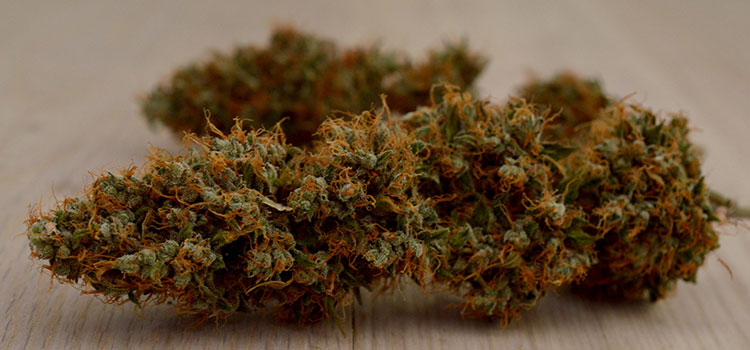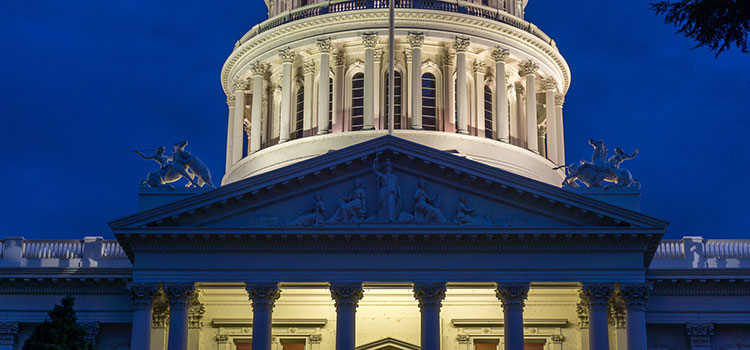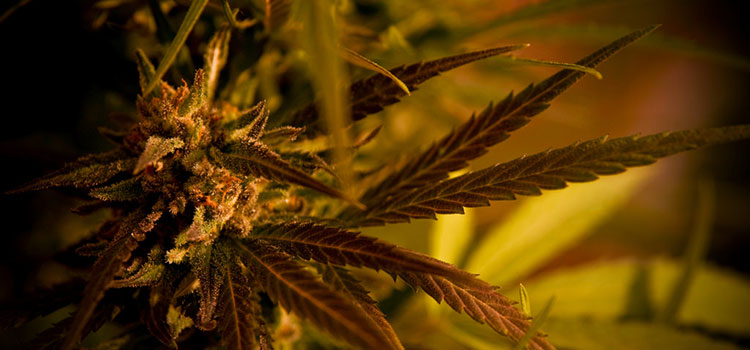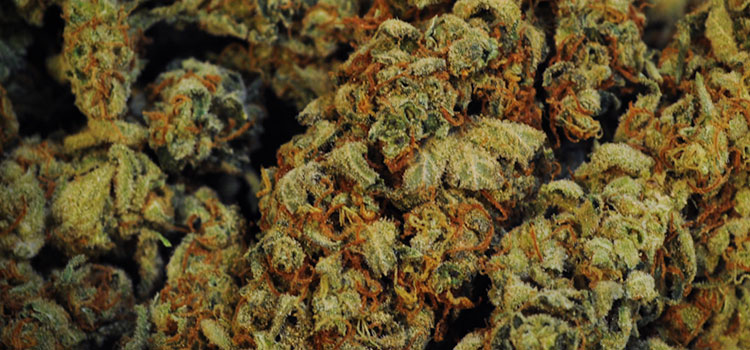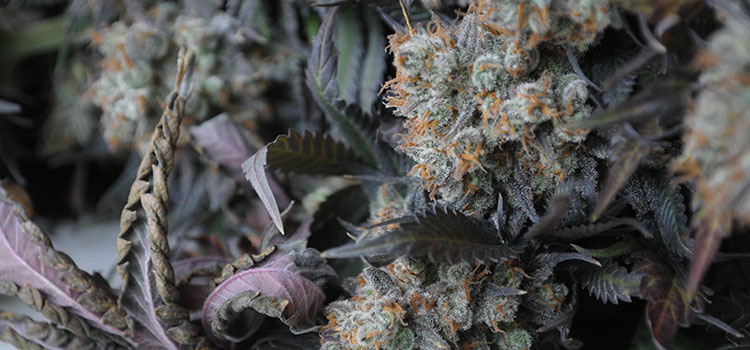Roger Martin is the founder of Grow for Vets USA, a nonprofit working to ease the suffering of veterans through the use of medical cannabis. The organization originated in Colorado, but through Roger’s leadership has been expanded into multiple states around the nation. Roger has had a long career in the service of the United States: he went from originally serving in the U.S. Army to working in law enforcement, and has decided to spend his retirement working to benefit and protect the lives of U.S. military veterans everywhere.
Countless veterans have lauded the effects of cannabis in the treatment of PTSD, chronic pain, and depression. For this reason — and because suicide and painkiller overdoses continue to claim the lives of more than 50 veterans per day — Roger believes that cannabis ought to be the first treatment option offered to veterans suffering from such conditions. To that end, he works tirelessly to convince VA administrators, elected officials, and medical professionals of the benefits of medical cannabis. And that’s why, according to the organization’s website, Grow for Vets USA has provided just over $750,000 worth of cannabis to more than 30,000 veterans, free of charge.
We recently had a conversation with Roger about what it takes to build a national nonprofit cannabis organization from the ground up. Scroll down to read the full interview!
Ganjapreneur: When did you decide to found Grow For Vets, and how did the project look in its infancy?
Roger Martin: I first decided to launch Grow for Vets USA in 2013. I was at a training facility working our German Shepherd and I met several young Veterans who told me that they were taking 20, or more prescription drugs a day. They also told me that cannabis was the only thing that helped them deal with PTSD, TBI, and chronic pain. In addition, they indicated that their lack of financial resources needed to purchase medical cannabis was forcing them to take the free drugs that the VA was handing out. I was outraged to learn of their plight which became the genesis for Grow for Vets USA. I began providing Vets with free medical cannabis. I made it official on January 14, 2014, when I incorporated as a Colorado nonprofit organization. In June of 2015, the IRS granted us tax-exempt status.
How long after you started in Colorado until you realized you had the momentum to turn Grow For Vets into a national organization?
Within a couple of months after our launch in Colorado, we began receiving inquiries from people across the country who wanted to open chapters. On July 1, 2015, we began our national expansion by opening a chapter in Oregon, on the first day that cannabis became adult legal.
How has your organization changed over the last three years?
Since our founding, we have grown tremendously. Many people have come forward to assist us in launching new chapters. In addition, we have received generous support from both individuals and businesses.
What are the most common conditions that can cause veterans to seek cannabis treatment?
The most common is probably chronic pain, followed by PTSD.
How do you identify and reach out to veterans who may need help in their healing process?
We rely on help from the media, as well as from other individuals, companies, and organizations that help us spread the word on social media. We are hoping to someday have the funding needed to run PSA’s.
Has Grow For Vets received any feedback or pushback from established military institutions?
To date, all of the feedback from military organizations has either been good, or at the very least neutral. However, neither the VFW nor the American Legion have been receptive to our efforts. This may soon change as we have a free cannabis giveaway event scheduled for later this month at a VFW post. We are holding our breath to see if it really happens and we are hopeful that it will.
What was your career before founding Grow For Vets?
I was blessed to be able to retire in 2001, at the age of 49. My background includes, law enforcement, other work for an agency of the U.S. Government, film and television production, and publishing.
What has been the most memorable moment from your involvement in the cannabis industry, so far?
Children thanking me for giving them back their mother of father; the result of Grow for Vets USA providing their parent with free medical cannabis to replace deadly prescription meds.
How many states (and which ones) do you have chapters in, now?
We have active chapters in Colorado, New Mexico, California, Washington, Oregon, and Michigan. We currently have chapter applications pending in 11 other states. We have not made a final determination on how rapidly we want to continue our national expansion.
Are there any states in particular that Grow For Vets is currently eyeing for a new chapter?
Arizona and Nevada, as well as multiple additional chapters in California.
If you could give one piece of advice to someone as they consider launching a cannabis non-profit organization, what would it be?
Surround yourself with a good team and follow a business plan. When I started Grow for Vets USA, I thought that it would be something on the level of a weekend hobby. Consequently, I failed to formulate and follow a business plan for the first 2 years we operated.
The other major mistake I made was I allowed national expansion to begin in July 2015 without having a back-up plan in case the new leadership of our flagship chapter in Colorado failed….and they did — more than once. This has resulted in my having to devote considerable time and resources in an attempt to mend fences. In a nutshell, make absolutely certain that your first chapter is rock solid before expanding.
Thank you for dedicating some time to talk to us about your experiences advocating for veteran access to medical cannabis, Roger! We look forward to seeing how Grow for Vets USA will continue their work to benefit veterans in the future. To learn more about Roger Martin, or the non-profit organization Grow for Vets USA, visit GrowForVets.com.
